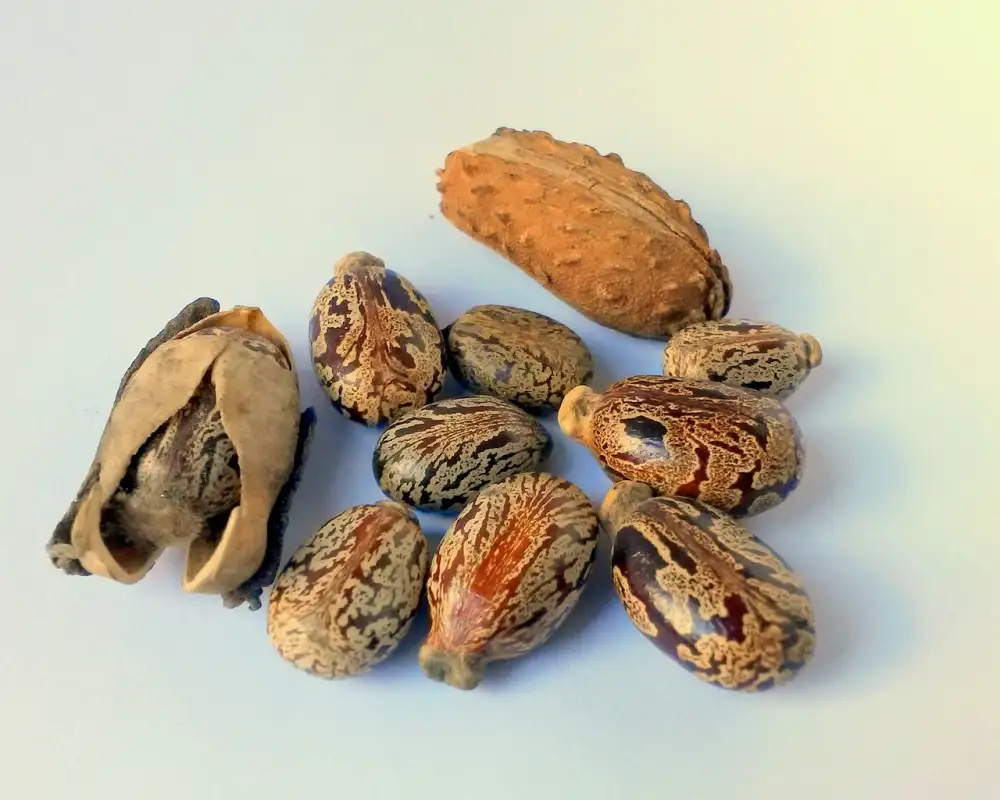Unlock the Nutritional Power of Seed Oils: Your Guide to Health and Well-being

- Understanding the Nutritional Composition of Seed Oils
- The Role of Seed Oils in Promoting Heart Health
- Seed Oils and their Impact on Cholesterol Levels
- The Anti-inflammatory Properties of Seed Oils
- Seed Oils as a Source of Essential Fatty Acids
- Exploring the Antioxidant Properties of Seed Oils
- Seed Oils and their Potential in Supporting Weight Management
- Incorporating Seed Oils into a Balanced Diet for Optimal Health
Seed oils, derived from various seeds such as flaxseed, sunflower, and sesame, have been used for centuries for their health benefits. These oils are rich in essential nutrients, including vitamins, minerals, and antioxidants. They offer a range of health benefits, such as promoting heart health, reducing inflammation, and supporting weight management. Incorporating seed oils into your diet can unlock their nutritional power and contribute to your overall well-being.
Understanding the Nutritional Composition of Seed Oils
Seed oils are rich in essential nutrients that contribute to overall health and well-being. These oils are packed with vitamins, minerals, and antioxidants that provide numerous health benefits. They are a great source of healthy fats, including monounsaturated and polyunsaturated fats, which help support heart health and reduce the risk of chronic diseases. Additionally, seed oils contain omega-3 and omega-6 fatty acids, which are essential for brain function and reducing inflammation in the body. Incorporating seed oils into your diet can provide you with a wide range of nutrients that promote optimal health.
The Role of Seed Oils in Promoting Heart Health
Seed oils play a crucial role in promoting heart health. They are rich in monounsaturated and polyunsaturated fats, which have been shown to lower the risk of heart disease. These healthy fats help to reduce levels of LDL cholesterol (the "bad" cholesterol) and increase levels of HDL cholesterol (the "good" cholesterol). By incorporating seed oils into your diet, you can support a healthy heart and reduce the risk of cardiovascular problems.
Seed Oils and their Impact on Cholesterol Levels
Seed oils have been found to have a positive impact on cholesterol levels. These oils are rich in monounsaturated and polyunsaturated fats, which can help lower LDL (bad) cholesterol levels while increasing HDL (good) cholesterol levels. Studies have shown that consuming seed oils, such as flaxseed oil and sesame oil, can lead to a reduction in total cholesterol and triglyceride levels. Additionally, the high content of omega-3 fatty acids in certain seed oils has been linked to improved heart health and reduced risk of cardiovascular diseases. Incorporating seed oils into your diet can be an effective way to manage and maintain healthy cholesterol levels.
The Anti-inflammatory Properties of Seed Oils
Seed oils are not only rich in essential nutrients, but they also possess powerful anti-inflammatory properties. These oils contain compounds such as omega-3 fatty acids and antioxidants that help reduce inflammation in the body. Inflammation is a natural response to injury or infection, but chronic inflammation can lead to various health issues, including heart disease, diabetes, and arthritis. By incorporating seed oils into your diet, you can help combat inflammation and promote overall well-being.
Seed Oils as a Source of Essential Fatty Acids
Seed oils are an excellent source of essential fatty acids, which are vital for our overall health and well-being. These fatty acids cannot be produced by our bodies, so it is crucial to obtain them from our diet. Seed oils, such as flaxseed oil, hemp seed oil, and chia seed oil, are rich in omega-3 and omega-6 fatty acids. These nutrients play a crucial role in brain function, reducing inflammation, and supporting heart health. By incorporating seed oils into our daily diet, we can ensure that we are getting an adequate intake of these essential fatty acids for optimal health.
Exploring the Antioxidant Properties of Seed Oils
Seed oils are not only rich in essential fatty acids, but they also possess powerful antioxidant properties. Antioxidants play a crucial role in protecting our cells from damage caused by harmful free radicals. These free radicals are unstable molecules that can cause oxidative stress, leading to various health issues such as inflammation and chronic diseases.
The high levels of antioxidants found in seed oils help neutralize these free radicals, reducing the risk of cellular damage and promoting overall well-being. Some of the most notable antioxidants present in seed oils include vitamin E, polyphenols, and carotenoids.
Vitamin E is a fat-soluble antioxidant that helps protect cell membranes from oxidative damage. It also supports immune function and aids in the formation of red blood cells. Polyphenols, on the other hand, have been shown to have anti-inflammatory and anti-cancer properties. They can help reduce inflammation in the body and lower the risk of chronic diseases such as heart disease and cancer.
Carotenoids are another group of antioxidants found in certain seed oils, such as carrot seed oil and tomato seed oil. These compounds give fruits and vegetables their vibrant colors and offer numerous health benefits. Carotenoids have been linked to a reduced risk of age-related macular degeneration (AMD), which is a leading cause of vision loss among older adults.
Incorporating seed oils into your diet can provide you with a wide range of antioxidants that support your body's natural defense system against oxidative stress. Whether you drizzle them over salads or use them for cooking, these oils can add a delicious flavor while boosting your overall health.
By embracing the antioxidant properties of seed oils, you can enhance your body's ability to fight off harmful free radicals and promote optimal health and well-being. So why not unlock the nutritional power of seed oils today?
Seed Oils and their Potential in Supporting Weight Management
Seed oils have gained attention for their potential in supporting weight management. These oils are rich in healthy fats, which can help promote satiety and reduce cravings. They also contain compounds that may boost metabolism and aid in the breakdown of fat cells. Incorporating seed oils into your diet can be a simple and effective way to support your weight loss goals. However, it's important to remember that moderation is key, as seed oils are high in calories.
Incorporating Seed Oils into a Balanced Diet for Optimal Health
Incorporating seed oils into a balanced diet is essential for achieving optimal health. To reap the benefits, it's important to choose high-quality, cold-pressed seed oils that are free from additives and preservatives. Start by using them as a base for salad dressings or marinades. Drizzle them over cooked vegetables or use them in stir-fries for added flavor and nutrition. Remember to use seed oils in moderation as they are calorie-dense. By incorporating seed oils into your daily meals, you can unlock their nutritional power and enhance your overall well-being.
In conclusion, seed oils offer a wide range of health benefits that can greatly contribute to our overall well-being. From promoting heart health and reducing cholesterol levels to providing anti-inflammatory properties and essential fatty acids, seed oils are a powerhouse of nutrition. Additionally, their antioxidant properties and potential in supporting weight management make them an excellent addition to any balanced diet. By incorporating seed oils into our daily meals, we can unlock their nutritional power and enjoy a healthier lifestyle. So let's embrace the health benefits of seed oils and take a step towards optimal health today!
Published: 13. 12. 2023
Category: Health



